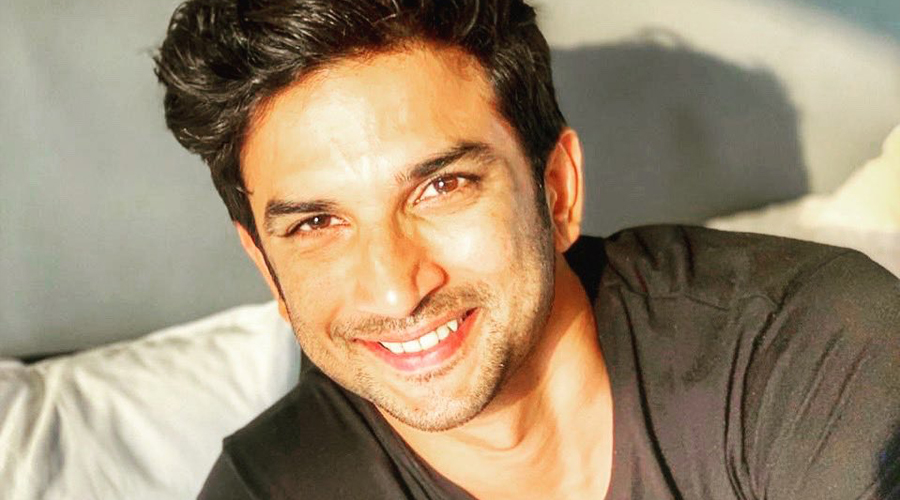The Bombay High Court on Monday asked media houses to exercise restraint when reporting on suicide cases, saying "media trial leads to interference and obstruction to administration of justice" and amounts to contempt of court.
A bench of Chief Justice Dipankar Datta and Justice G S Kulkarni said the press must avoid discussions and debates relating to criminal investigations, and it should confine only to informative reportage that is in the public interest.
The bench also held that prima facie some reportage by Republic TV and Times Now in the aftermath of the death of actor Sushant Singh Rajput were "contemptuous".
The court said it had, however, decided against initiating any action against the two TV channels under the Contempt of Courts Act.
The bench said media trials ran counter to the programme code framed under the Cable Television Networks (Regulation) Act.
It also passed a slew of guidelines for the press to follow while reporting on sensitive cases.
The HC said such reportage by any media organisation, that obstructs an ongoing investigation or administration of justice in a case will amount to contempt of court.
"Media trial leads to interference and obstruction to administration of justice and violates programme code under the Cable TV Networks (Regulation) Act," it observed.
"Any reportage has to be in accordance with the norms of journalistic standards and ethics, else media houses stand to face contempt action," it said.
The directions are a part of the verdict pronounced by the bench on a bunch of public interest litigations (PIL) seeking that the press, particularly TV news channels, be restrained in their reportage on Rajput's death.
The HC said it had tried in its verdict to answer questions on striking a balance among one's freedom of speech and expression, a fair investigation, one's right to a fair trial and to what extent, if at all, should the press and media reporting be regulated, if it interfered with or tended to obstruct the administration of justice.
It also said until there came a mechanism to regulate the electronic media, TV channels should follow the Press Council of India's guidelines on reporting on suicides, and sensitive cases.
"Media should observe restraint in discussions about an ongoing investigation so as not to prejudice the rights of the accused and witness," the high court said.
"Publishing a confession alleged to have been made by an accused as if it is an admissible evidence without letting the public know about its inadmissibility should be avoided," it said.
The HC said while reporting a suicide, "to suggest that the person was of weak character should be avoided".
It also restrained media houses from reconstructing crime scenes, interviews with potential witnesses, and leaking sensitive and confidential information.
"Investigative agencies are entitled to maintain secrecy about an ongoing investigation and they are under no obligation to divulge information," the high court said.
The court also accepted the accusation made in the pleas that the Union Ministry of Information and Broadcasting had "abdicated statutory functions" pertaining to regulations related to reportage on Rajput's death.
Rajput, 34, was found hanging at his home in Bandra area of Mumbai on June 14 last year.
Following weeks of exhaustive arguments, the bench had on November 6 last year reserved its verdict on a bunch of PILs seeking that the press, particularly TV news channels, be restrained in their reportage on the death Rajput.
The PILs, filed through senior counsel Aspi Chinoy, by activists, private citizens, and a group of retired police officers had also sought that TV news channels be stopped from conducting a media trial into the case.
During the arguments, the Union government's counsel, Additional Solicitor General Anil Singh had said there already existed adequate statutory as well as self-regulatory mechanism for the media, including TV news channels, to follow while printing or broadcasting any news item.
Private TV news channels that are party to the case had also argued that the self-regulatory mechanism was adequate and no new statutory mechanism or guidelines were required to control the media.










